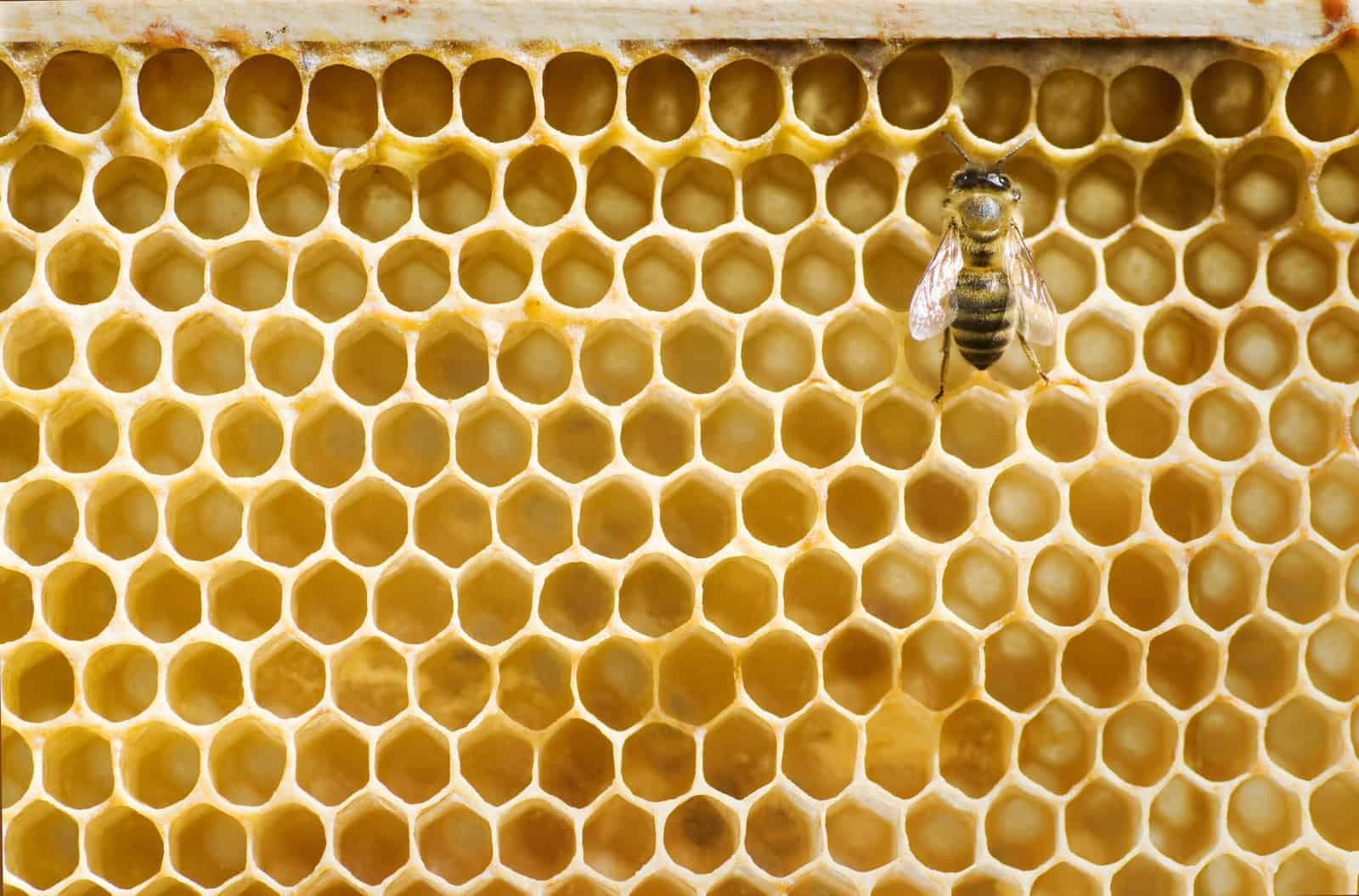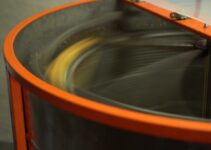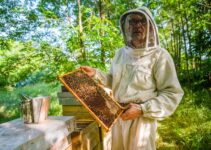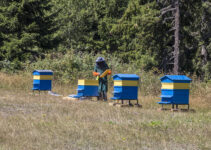Starting your beehive off right is essential to getting it running correctly for the future. One prevalent question about beginning a beehive is whether you can start a beehive with only the queen or not.
The simple answer is no. You can’t really start a beehive with only the queen. You could potentially have a mated queen; however, that queen will die and have to be replaced. The queen bee very much depends on the workers for food and grooming. She’s not capable of building the comb to lay eggs or to care for eggs after they’re laid.
Realistically, you need a certain quantity of various bees to ensure the hive functions correctly. Just like humans, bees have their specific roles to ensure their economy is running perfectly.
Want to know more about this subject? Read below:
Can you start a beehive with just a queen?
Despite the name, the queen bee is really just another member of the colony, and she can’t do everything on her own. Naturally, she is essential to starting the colony, but there are several reasons you can’t start a beehive with only the queen.
It may surprise you to know that the queen bee does not influence where the worker bees go to forage, the defense of the hive, maintaining environmental conditions, and even, in some cases, whether the colony should be split with a new queen. Assuming they have viable eggs or larvae, the workers can simply grow a new queen if the old one becomes too slow. The queen does not leave the hive, so the workers must make all of these decisions.
So, there are quite a few reasons the queen depends on the workers and can’t start a hive independently. Let’s look at them in more detail:
1. Nutrition
First of all, the queen relies entirely on the rest of the colony for food. She will eat honey whenever she feels like it, but the workers must also provide what’s known as royal jelly. This is specialized food just for the queen, packed with extra nutrients and protein that helps with egg production. She is totally reliant on the workers for this.
2. Building the hive
Second of all, the queen needs a hive before she can begin to do anything. The wax comb that bees live in stores their honey, but it’s also a place for her to lay her eggs. She is incapable of building this herself since it would be a waste of her valuable energy when she has so many faithful worker bees to do it for her. She can’t lay any eggs without the rest of the hive.
3. Defense
Though you would almost certainly think twice about attacking a beehive, not all creatures would. After all, a beehive should be loaded with nutritious honey, which attracts many animals. They may also just be looking to prey on the queen herself. The queen has a stinger, but she alone would not be capable of defending the hive. Bees attack by overwhelming their predators with sheer numbers. The queen’s stinger is really just for competing with rival queens.
So, as you can see, there are plenty of reasons you cannot start a beehive with only the queen. She serves a very particular function and needs a horde of workers to get the colony started. But, how many bees do you need before you can begin a beehive?
How many bees do you need to start a hive?
At the absolute minimum, you’ll need 5,000 worker bees and one queen to start a colony. It’s usually better to start off close to 10,000 worker bees. A typical ‘starter kit’ of bees for a hive will consist of around 10,000 bees, which will weigh somewhere from 2.5 to 3 pounds. A typical, established hive can contain as many as 50,000 bees.
It’s essential not only that you have enough bees, but that you also have bees of each age group, as they all fulfill different roles. Often, beekeepers will sell what are known as nucs or nucleus colonies. These are smaller parts of larger colonies that have been separated. Bees are incredibly well organized, so when nucleus colonies are formed, they will typically have all the age groups of bees that you need to start a hive. These nucleus colonies will be put into smaller, five-frame colony boxes which they will fill in 2 to 3 weeks.
How do you get bees to start a hive?
Once you’ve got the requisite number of bees to start, you’ll need somewhere for them to form their colony properly. You’ll need a large hive of some kind; readymade beehives are usually the best option, typically made with wooden or hard plastic frames.
You’ll want to order your bees in early spring when winter is just finishing. This way, they will usually arrive before the start of the summer season. The weather needs to be good and warm before you put the bees in the hive if they’re to succeed.
You will need a good pollen source for your bees, so plant some flowers if you don’t already have some. Other pollen and nectar sources in the area will be available to them, but they should have some close by too.
Open up your package of bees and gently shake the bees into the hive. The queen will have a cage cover, and you should put that cage in the brood chamber of your hive. Over the next few days, the worker bees will release the queen from the cage cover, and your hive will be ready to go.
If you used a nucleus colony, remove the small frames from it and put them in the brood chamber as well. Add a frame with some nectar and pollen grains to serve as food for the first few days.
Now, your colony is ready to go. Over the next few months, the bees will multiply, and you’ll have a fully-fledged bee colony.
Conclusion
After reading the above, you should now understand the fundamentals of successfully developing a beehive. We should now be aware that it’s almost impossible for a hive to establish itself with only one queen bee. Because of this, you’ll need to introduce various bee types to ensure they can develop correctly.




